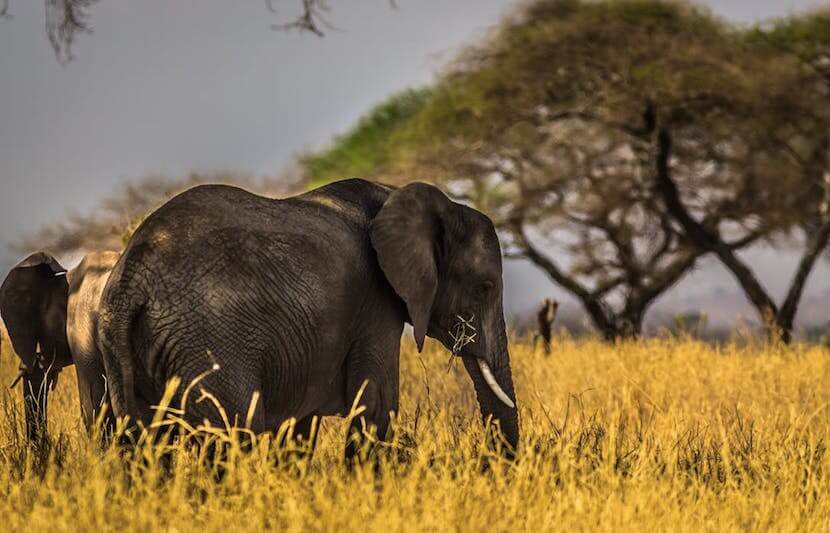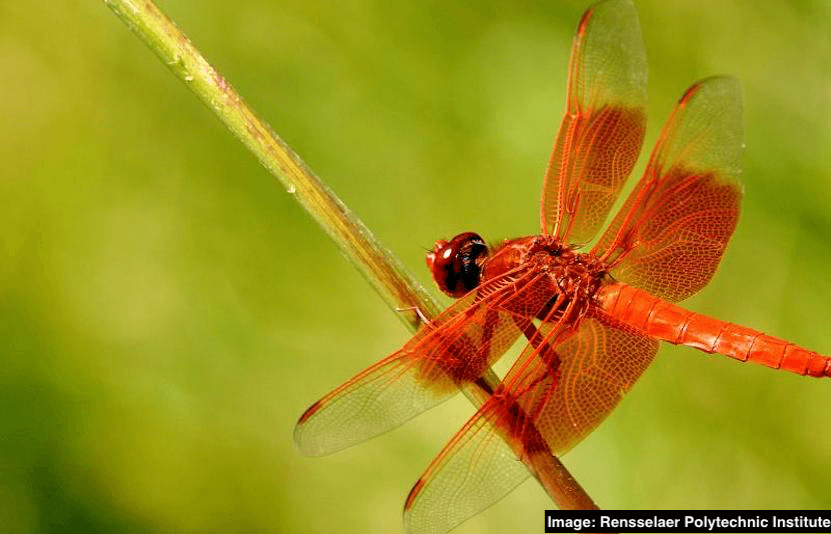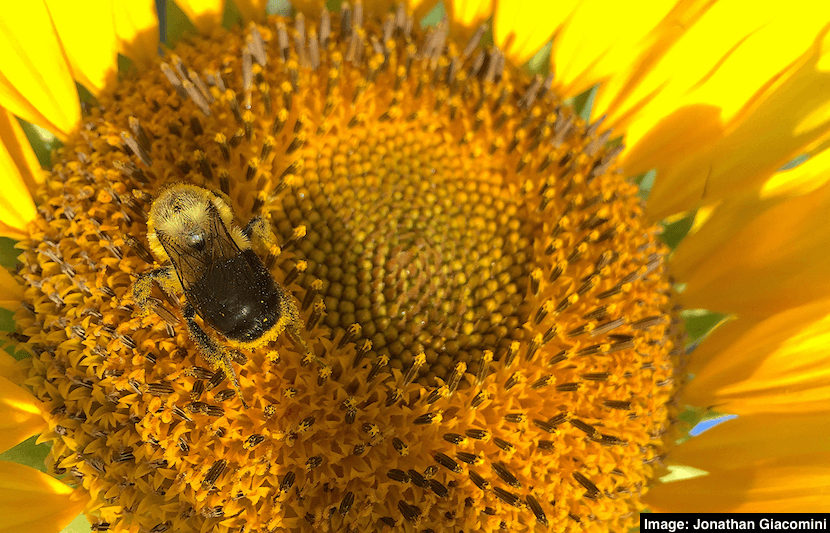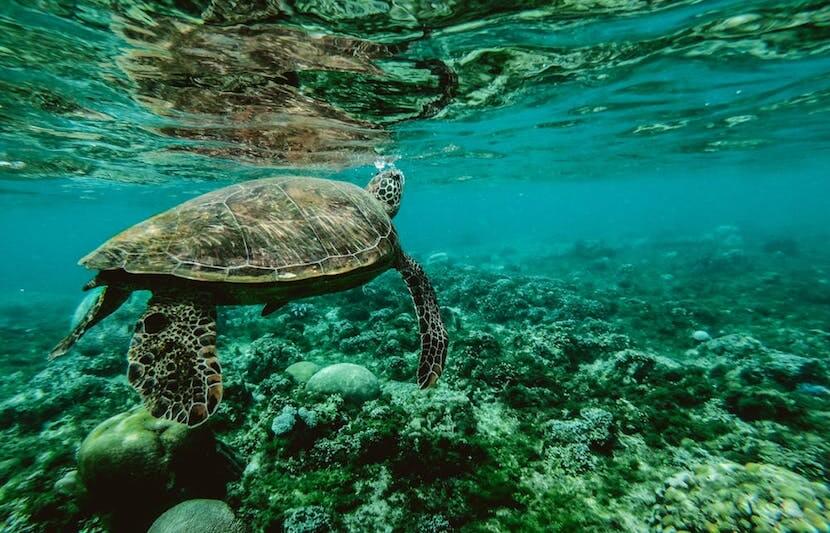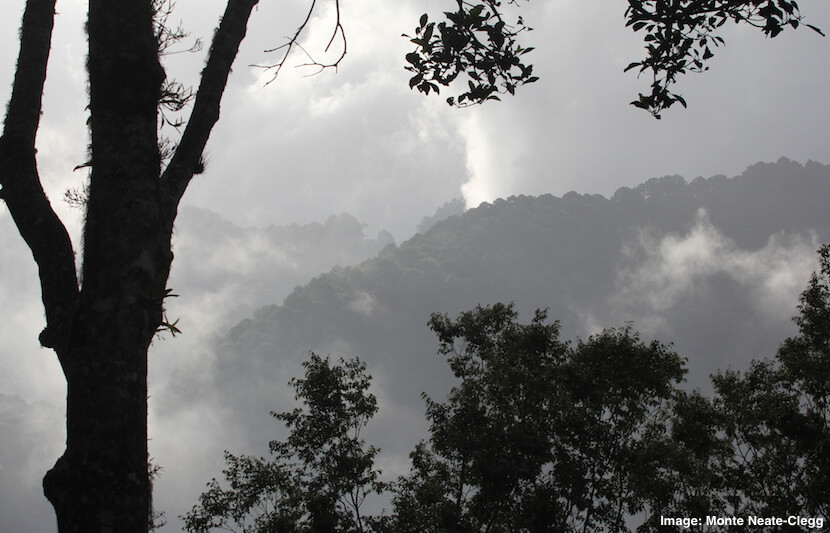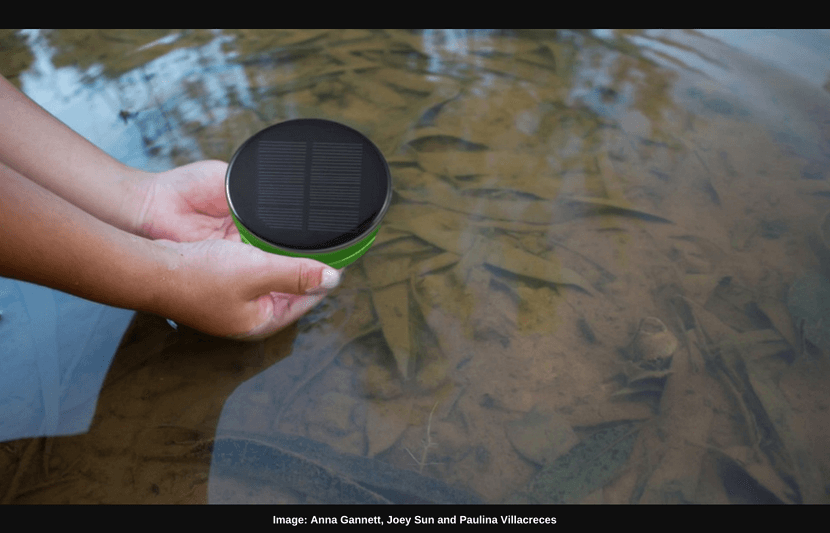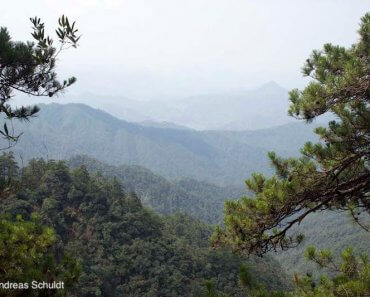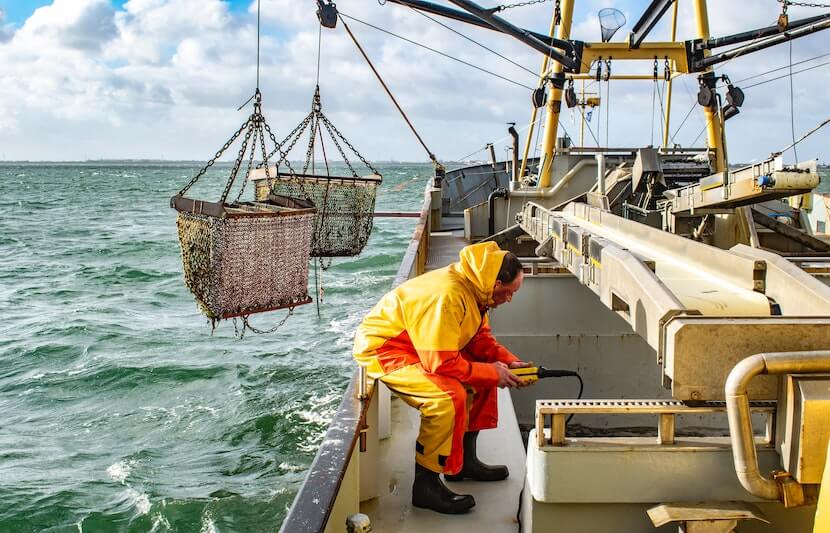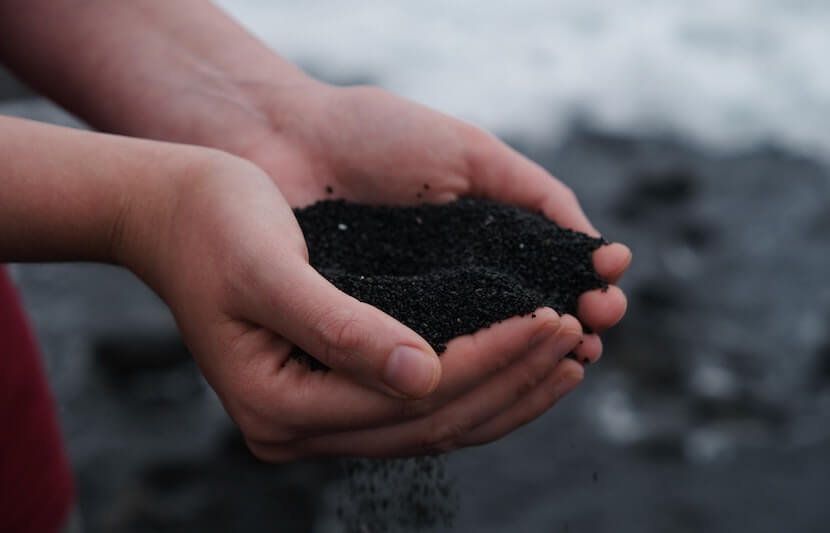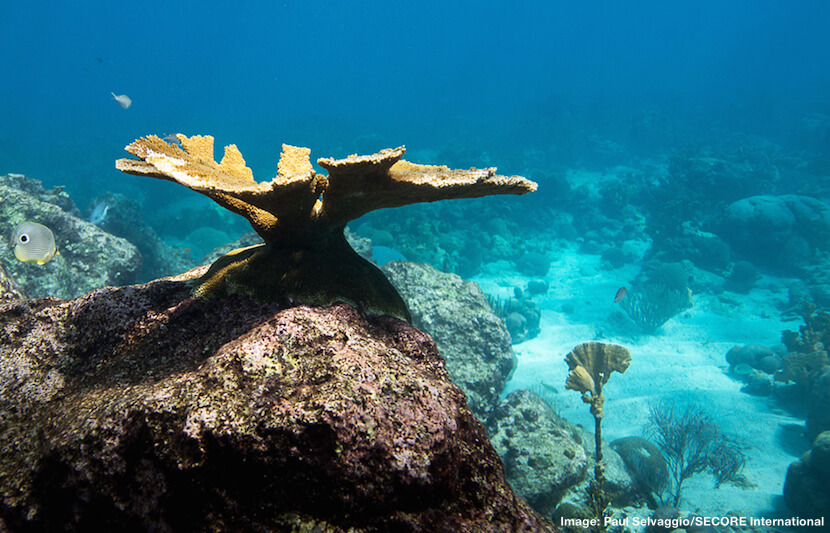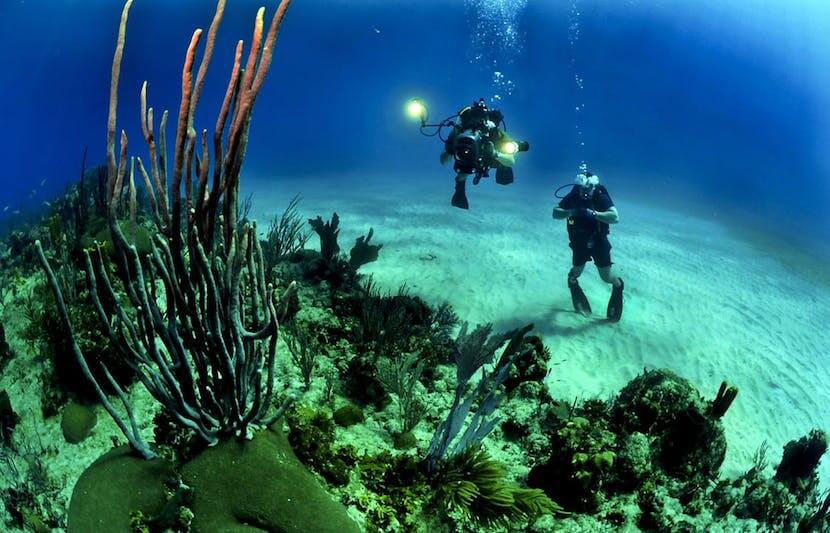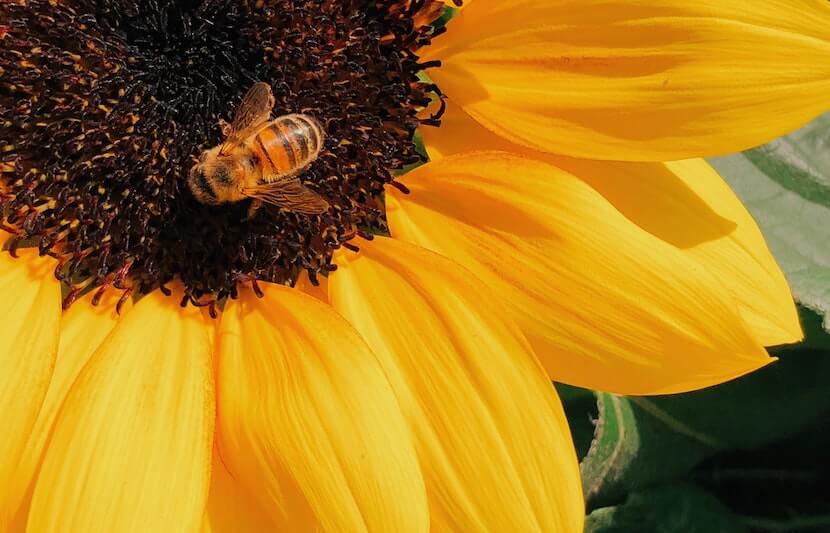-
Evolution Can’t Keep Up with Rapid Extinction
If conservation efforts are not vastly improved, mammal species will die off so quickly in the next 50 years that it will take nature 3-5 million years to recover, researchers from Aarhus University, Denmark, and the University of Gothenburg, Sweden, find. Five mass extinctions have occurred over the past 450 million years. But, they happened… Read More
-
Puerto Rico’s Insects Are Declining at an Alarming Rate
The number of arthropods in the tropical forests of northeastern Puerto Rico has dropped 60-fold since the mid-1970s, researchers from Rensselaer Polytechnic Institute and Universidad Nacional Autónoma de México find. Arthropods include invertebrate animals such as insects, millipedes, sowbugs and others. Their decline has directly coincided with an overall temperature rise of 2 degrees Celsius… Read More
-
How Sunflower Pollen Can Save Declining Bee Populations
Declining bee populations could be saved by sunflower pollen, researchers from North Carolina State University and the University of Massachusetts Amherst find. Humans rely on bees for more than just honey. Food production, ecosystems and the economy are all dependent on the survival of our six-legged friends. For these reasons, scientists have been longing for… Read More
-
Atlantic Forest Mammal Population Devastated by Human Activity
Centuries of human activity in Brazil’s Atlantic Forest have cut its local mammal populations in half since the 1500s. This was the conclusion of a team of researchers from Brazil’s Universidade Federal de Santa Catarina and the UK’s University of East Anglia, whose paper is published in the journal PLoS ONE. Although the forest is… Read More
-
Weed Killers Are Killing Bee Populations
The world wouldn’t be the same without bees, and not only because there wouldn’t be any honey to put in our tea. Bees are primarily responsible for pollinating one-third of the food humans consume each day. Food supplies, industries and national economies are all dependent on the survival of our six-legged friends. However, new research… Read More
-
Beyond Plastic Straws: Any Piece of Plastic Can Kill a Sea Turtle
Plastic pollution in the world’s oceans poses considerable dangers for the marine life that inhabits those waters. Two recent studies suggest that ocean plastic pollution could threaten the survival of entire populations of sea turtles. The findings come in a year that saw a campaign to ban single-use plastic straws blossom into a global movement,… Read More
-
10% Of Frogs and Toads Face Extinction From Climate Change in Brazil
As climate change threatens to reorder the world as we know it, species across the world will lose their habitats and be subject to new climate conditions. Many of these species will be forced to adapt or face extinction. How significant the impact will be is not yet known, but it could be severe. In… Read More
-
Climate Change Forces Beloved Bird Species From Their Homes
Bird species in the cloud forests of Honduras are losing their habitats and forced to move to higher elevation because of climate change and deforestation, a new study suggests. This 10-year study signals a real possibility of extinction for some of the world’s most unique species. The paper is published in the journal Biotropica. Situated… Read More
-
Nature Holds Secret to Controlling Growing Mosquito Population
Three Cornell student researchers have won a global competition with their UPod, an eco-friendly and low cost mosquito-control device that functions like a carnivorous plant. The UPod was selected as one of eight project winners — out of more than 60 teams from 16 countries that entered this year’s competition — of the Biomimicry Institute’s… Read More
-
How Forests Are Dependent on Animal and Fungus Diversity
A healthy forest needs not only diverse tree species, but also diverse animal and fungus species, a new study suggests. A team of researchers led by the German Center for Integrative Biodiversity Research (iDiv) and the Martin Luther University of Halle-Wittenberg, Germany, spent 10 years delving inside a species-rich, semi-natural forests in the subtropics of… Read More
-
Climate Change Is Depleting the Ocean of Oxygen, Killing Fisheries
History could repeat itself, warns ocean scientists. They have found an example from history of how an increase in CO2 in the earth’s atmosphere can deplete the oceans of oxygen. Researchers from the University of Toronto and the University of California, Santa Cruz, worked together in the study. Their paper is published in the journal… Read More
-
Climate Change Is Damaging Soil Needed for Crop Growth
Extreme weather conditions caused by climate change may have a more negative impact on soil and plant ecosystems than scientists previously thought, according to a new study. An international team of researchers led by the University of Manchester in the UK studied how drought affects soil at a microbial level and found that these underlying… Read More
-
The United Effort to Save the World’s Coral Reefs
Australia’s Great Barrier Reef stretches over hundreds of thousands of square miles, encompassing a vibrant ecosystem of brightly colored corals and a vast pool of marine life. But, a recent study found that 30 percent of its corals died during a nine-month heat wave from March to November 2016. This discovery highlights the continuing threat… Read More
-
Study Helps Hawaii Ban Sunscreen Ingredient Killing Coral Reefs
Finally, lawmakers are listening to scientists. A University of Central Florida study recently helped bring Hawaiian legislators to the table to ban an ingredient in sunscreen that can kill coral reefs. Known as the underwater jewels, coral reefs house one of the most diverse ecosystems on the planet. “Coral reefs truly are spectacular and they… Read More
-
Having More Species of Wild Bees Is Beneficial
Pollination increases when there are more species of wild bees, according to a recent study led by Rutgers University. The researchers also found that more species of wild bees are needed for pollination when an area is larger. The paper is published in Science. While previous controlled ecological experiments have linked increased pollination to having… Read More


